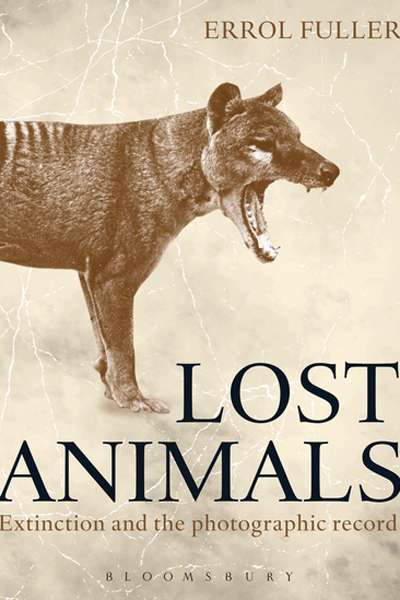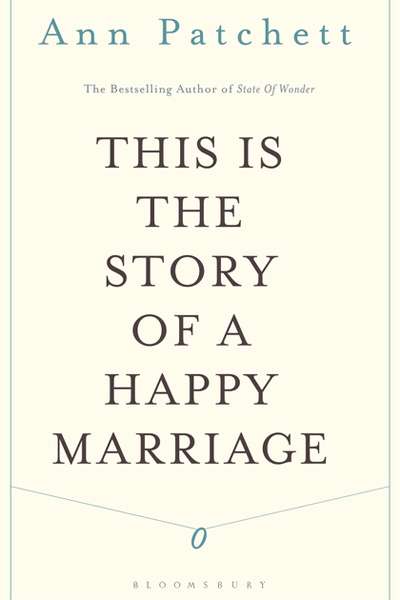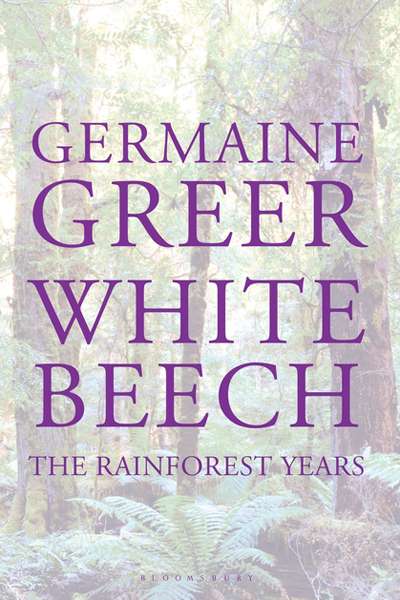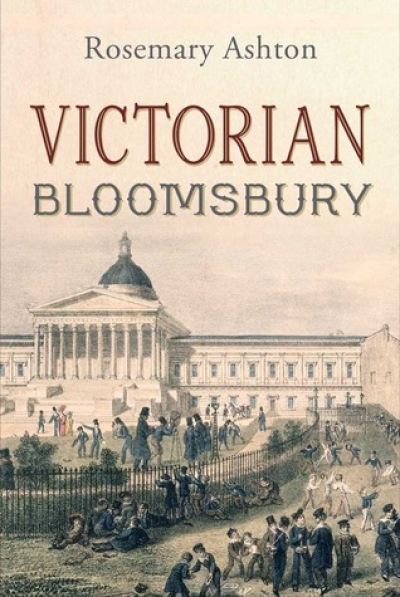Bloomsbury
The Commonwealth Games: Extraordinary stories behind the medals by Brian Oliver
by Bernard Whimpress •
Kicking the Kremlin by Marc Bennetts & Putin and the Oligarch by Richard Sakwa
by Nick Hordern •
The Sixth Extinction: An Unnatural History by Elizabeth Kolbert
by Doug Wallen •
Lost Animals: Extinction and the Photographic Record by Errol Fuller
by Peter Menkhorst •
The Love-charm of Bombs: Restless Lives in the Second World War by Lara Feigel
by Jane Sullivan •
A Difficult Woman: The Challenging Life and Times of Lillian Hellman by Alice Kessler-Harris
by Desley Deacon •










